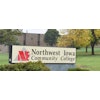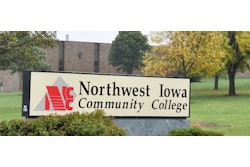SEATTLE — Laid off at the start of the recession as marketing director for a regional homebuilder, Leah Schedin quickly realized she lacked something essential for a new job: a university degree.
Schedin had completed courses here and there at a community college, but never enough for a bachelor’s degree. Without one, she found, her 18 years of experience didn’t matter.
“These days, you’re applying online, and you’re filtered out as soon as you get to the question about whether you have a degree,” said the 46-year-old married mother of a teenage daughter.
So Schedin put her talents to work finding a university where she could get academic credit for her work experience. She found one: City University of Seattle, a private, nonprofit institution that’s at the vanguard of a movement catering to the growing numbers of adult learners and military veterans changing careers in worst economic downturn since the Great Depression. And at the end of next semester, she’ll head back into the churning job market with a four-year degree in marketing after just 18 months.
Universities and colleges are being pressed to increase graduation rates and speed up the time it takes for students to complete degrees by awarding college credit for their life and work experience. A national campaign that starts December 3 will promote the sometimes-derided practice with a nationwide program to help adults prepare portfolios of their job experience online that will be evaluated by independent faculty for academic credit.
One hundred institutions in 30 states are on board. The coalition is backed by top higher-education associations and bankrolled by major foundations, including Lumina, Kresge and Joyce, and hopes to reach tens of thousands of people within five years.
The push coincides with President Barack Obama’s goal of boosting the number of college graduates by five million before the end of the decade, and comes as states and higher education institutions are moving away from strict demands for seat time and credit hours.














